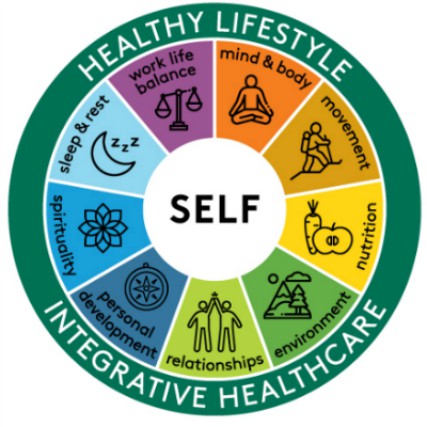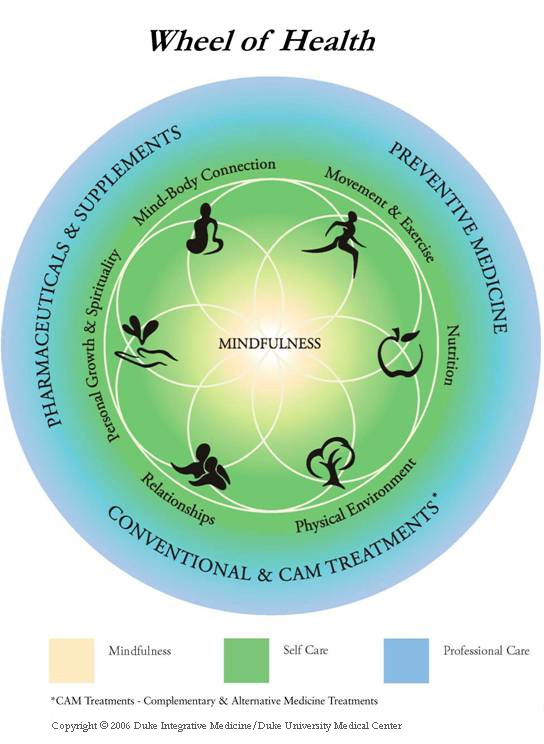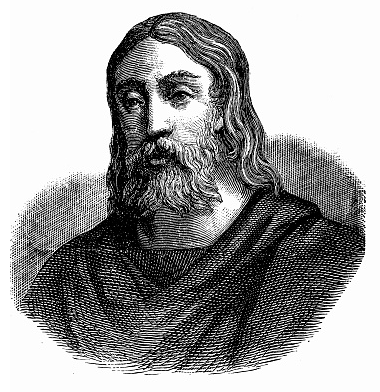MEDICAL APPROACH
ABOUT MEHANA
MEDICAL APPROACH
Mehana Institute represents a non-pharmacological and non-invasive approach aligned with the principles of complementary and integrative medicine.

MEDICINE
COMPLEMENTARY and INTEGRATIVE medicine
The approach of the Non-Pharmacological Interventions is currently represented by different healthcare institutions, such as the National Centre for Complementary and Integrative Health (North America) or the Platform CEPS (La Plateforme universitaire Collaborative d’Évaluation des programmes de Prévention santé et des Soins de support) University of Montpellier, France.
Complementary medicine presents approaches that are not typically part of the modern Western medical care and that may have origins in other medicinal traditions. The efficacy of these methods is thoroughly inspected by numerous evidence-based studies.
Integrative medicine brings conventional and complementary approaches together in a coordinated way.
EVOLUTION
New direction of the modern medicine
In recent years, complementary and integrative medicine has become a new direction of the modern medicine.
This approach is in keeping with the original principles of the Western medicine (Hippocratic-galenic medicine) and reflects a natural evolution of medicine in times, when the overuse of pharmaceutical products and ambitious invasive interventions and technology are confronting their limits.
Pharmacotherapy and invasive methods manage just some parts of the processes responsible for a disease.
Integrative and complementary medicine seeks to act in a larger sense: focusing on prevention, self-perceptiveness and active cooperation with the patients.
As a consequence, high costs associated with pharmaco-invasive therapy may be saved and the healthcare system becomes more effective.
This is why complementary and integrative medicine present a future direction of the modern medicine.

"Mehana approach does not contradict conventional medicine, but offers a complementary instrument for preserving health and preventing illness."
ORIGINAL PRINCIPLE
Hippocratic-galenic medicine

Hippocratic-galenic medicine refers to the original principles of Western medicine consistent with the teachings of the eminent physicians of antiquity: Hippocrates and Galen.
Hippocrates was a Greek physician referred to as the „Father of Western Medicine”. He lived in the 5th century BC (460BC – 370BC) on the Greek island of Kos and practiced at the Asklepeio School of Medicine. He was a contemporary of Socrates was mentioned in the writings of Plato and Aristotle.
Hippocrates focused medical practice on the natural approach and treatment of diseases, highlighting the importance of understanding the patient’s health, independence of mind, and the need for harmony between the individual, social and natural environment, as reflected in the Hippocratic Oath.
According to the literature, “healthy mind in a healthy body” was the main component of the Hippocratic philosophy. Three main categories were observed in the Hippocratic provision of care: health promotion, interventions on trauma care, and mental care and art therapy interventions. Health promotion included physical activity as an essential part of physical and mental health, and emphasized the importance of nutrition to improve performance in the Olympic Games. Interventions on trauma care included surgical practices developed by Hippocrates, mainly due to the frequent wars in ancient Greece. Mental care and art therapy interventions were in accordance with the first classification of mental disorders, which was proposed by Hippocrates. In this category music and drama were used as management tools in the treatment of illness and in the improvement of human behaviour.
The Hippocratic philosophy on health care provision focused on the holistic health care model, applying standards and ethical rules that are still valid today.
Cited from article: Kleisiaris CF, Sfakianakis C, Papathanasiou IV: Health care practices in ancient Greece: The Hippocratic ideal, J Med Ethics Hist Med. 2014; 7: 6
GREEK PHYSICIAN
Aelius Galenus
Galen (Aelius Galenus) was a Greek physician, surgeon and philosopher in the Roman Empire living in 129 – 216 AD.
Galen saw himself as both a physician and a philosopher and believed there is no sharp distinction between the mental and the physical and that the mind and body were not separate faculties.
Building on earlier Hippocratic conceptions, Galen believed that human health requires an equilibrium between the four main bodily fluids, or humours—blood, yellow bile, black bile, and phlegm.
According to the galenic medical approach both philosophy and medicine
were practical arts proposing response to the Socratic question: How should
a person live the good life?
As such, bodily health was analogous to moral virtue and the
physician like the philosopher was a guide to living.
The Galenic physician incorporated the three parts of philosophy (natural
philosophy, logic, and ethics) into diagnosis, prognosis, and therapy.
Cited from article “Galenic Medicine” by Samar Farage



